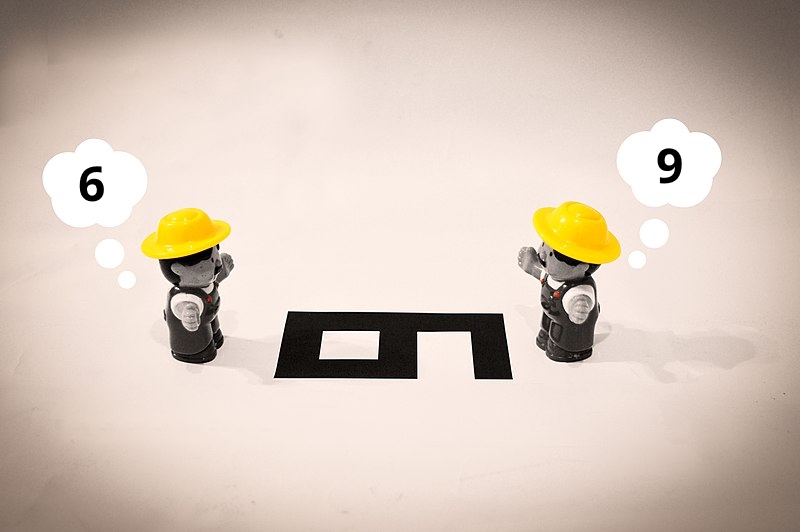JANUARY 23, 2021 – Interpreting history—or current events—is dicey. You can’t approach past or present wholly free of your own bias complex, constructed from your upbringing, education, disposition, intelligence, personal experiences, religious beliefs (or absence thereof), and cultural influences. Nor, of course, can the historian or journalist be free of her or his bias complex. By what standard, in what context, and over what time horizon is a past or present person, attitude, policy, practice, movement, compromise to be adjudged “right” or “wrong,” “good” or “bad”?
Lately, I’ve read lots of history about race relations in the United States. Everything—and I do mean everything—in my bias complex says slavery, Jim Crow and racial discrimination are absolutely “wrong.” No room exists for arguing otherwise. If you disagree, I’ll assume you think the world is flat (you numbskull).
If interpretation—and condemnation—were only that simple. They aren’t.
Among the rebellious prosperous white guys of 1776 were some who “owned” (just imagine the concept) black people. Some sensed—even said out loud—that slavery conflicted with the lofty principles of the rebellion, but . . . first things (their own freedom and prosperity) first. Others saw no conflict because, well, black people weren’t really people. What none of the rebellious white guys—anti-slavery New England merchant or pro-slavery Virginian tobacco farmer—foresaw (but should they have?) was that within their common rebellion against England was a deferred and far bloodier one among their descendants.
In the smugness of our modern perspective, are we “right” to pronounce all the rebellious white guys “wrong”? Are we wrong to call Adams—a non-slave-owning New Englander—“good” but Jefferson “bad”? Were the Colonials of New York, New Jersey, and New England “bad” for having compromised “right,” thus ensuring the bloodiest “wrong” less than a century later and the wrong of racial injustice thereafter?
If you’re not careful, you can trigger quite a rebellion within your own thoughts. (Just to play with matches . . . Raise your hand if you’re in favor of changing “Washington [slaveowner], District of Columbia [racist initiator of continental genocide]” to “Victimton, District of Genocide and Slavery.”)
If the past few years have revealed anything about us Americans, it’s that we’re dangerously divided by “bias complex.” The problem intensifies with every newsfeed update. Every encounter with information—historical or current—seems pre-determined to feed a pre-existing bias. If we’re not careful, this trend will trigger more anarchical disruptions of the sort we witnessed on January 6.
Given its nature, “bias complex” can’t be eliminated any more than its constituent influences can be deleted from our neurological hard drives. Thus, we must figure out a way to work with bias—tease it, temper it, merge it with competing biases—until we stumble our way into the promised land where the prevailing bias is, “We’re all in this together.”
The bigger question is . . . on which side of the promised land lies our extinction?
(Remember to subscribe to this blog and receive notifications of new posts by email.)
© 2021 by Eric Nilsson
